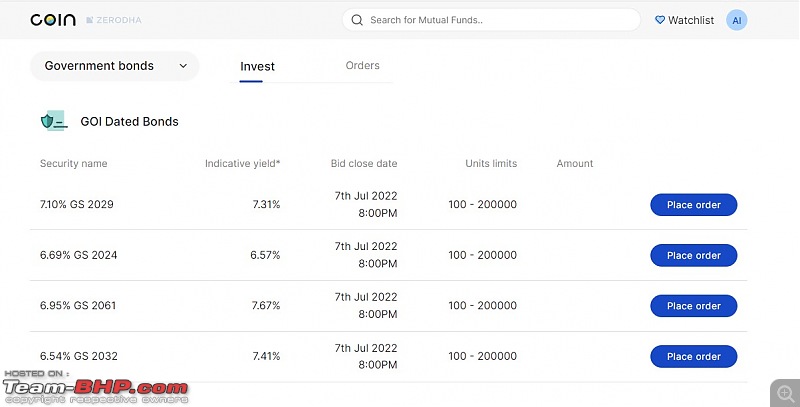| | #106 |
| Team-BHP Support  Join Date: Nov 2013 Location: Coimbatore
Posts: 3,214
Thanked: 20,724 Times
| |
| |
| |
| | #107 |
| BANNED Join Date: Mar 2007 Location: Kolhapur
Posts: 1,717
Thanked: 1,901 Times
Infractions: 0/1 (7) | |
| |
| | #108 |
| Team-BHP Support  | |
| |  (1)
Thanks (1)
Thanks
|
| | #109 |
| Team-BHP Support  Join Date: Nov 2013 Location: Coimbatore
Posts: 3,214
Thanked: 20,724 Times
| |
| |  (1)
Thanks (1)
Thanks
|
| | #110 |
| Senior - BHPian Join Date: Jul 2010 Location: Hyderabad
Posts: 2,007
Thanked: 2,443 Times
| |
| |
| | #111 |
| Team-BHP Support  | |
| |  (11)
Thanks (11)
Thanks
|
| | #112 |
| Senior - BHPian Join Date: Jul 2010 Location: Hyderabad
Posts: 2,007
Thanked: 2,443 Times
| |
| |
| | #113 |
| BHPian Join Date: Jan 2012 Location: TVM / Chennai
Posts: 229
Thanked: 186 Times
| |
| |
| | #114 |
| BHPian Join Date: Oct 2020 Location: Bangalore-Hubli
Posts: 132
Thanked: 776 Times
| |
| |  (1)
Thanks (1)
Thanks
|
| | #115 |
| BHPian Join Date: Feb 2022 Location: Chennai
Posts: 560
Thanked: 2,740 Times
| |
| |  (1)
Thanks (1)
Thanks
|
| | #116 |
| BANNED Join Date: Mar 2007 Location: Kolhapur
Posts: 1,717
Thanked: 1,901 Times
Infractions: 0/1 (7) | |
| |  (3)
Thanks (3)
Thanks
|
| |
| | #117 |
| BHPian Join Date: May 2008 Location: Bangalore
Posts: 225
Thanked: 333 Times
| |
| |  (3)
Thanks (3)
Thanks
|
| | #118 |
| Team-BHP Support  | |
| |  (3)
Thanks (3)
Thanks
|
| | #119 |
| BHPian Join Date: Sep 2010 Location: Bangalore
Posts: 183
Thanked: 2,687 Times
| |
| |
| | #120 |
| Team-BHP Support  | |
| |  (1)
Thanks (1)
Thanks
|
 |





